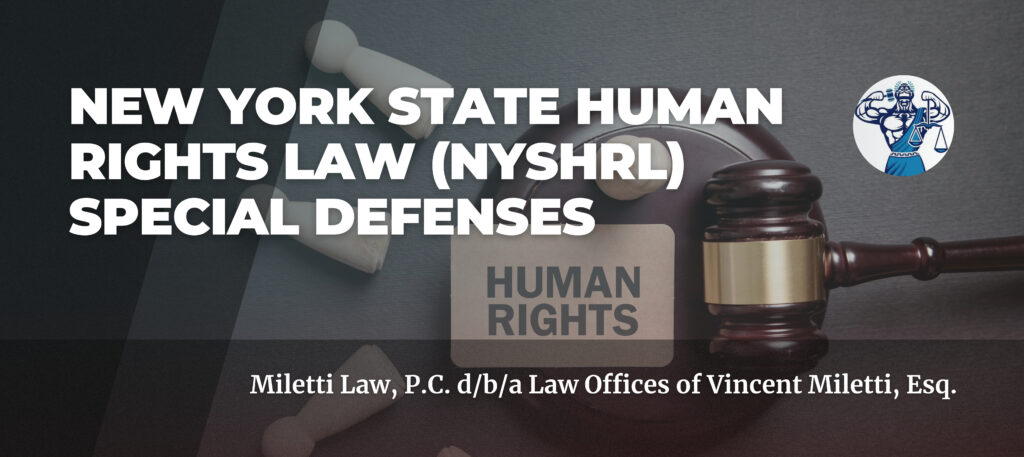As times have progressed, career changes tend to happen more and more as people aim for work-life balance or other priorities more than they do longevity in a company. Transitions can lead to issues, as can disgruntled employees. So what options do you have if your employer is suing you? Or what options do you have to sue an employee? This article will discuss this and more. Keep reading for more information.
Non-Compete Clause Violations
One of the most common legal issues you may have heard of in your career is violating the non-compete clause that some employers require you to sign. Non-competes are in place to protect trade secrets, prevent competitors from headhunting your star employees, and more.
Although some states no longer enforce non-compete clauses, if they are found to be reasonable and valid, courts will review them. If an employee violates a non-compete clause, this will create an environment where the employer may seek to sue the employee.
Theft of Company Property
It goes without saying that if an employee has committed theft for any reason, they may face legal consequences. Some examples of employees choosing theft are if they felt they were unfairly compensated before leaving, an employer may also pursue legal action if the employee destroyed company property such as a computer, other technological equipment, or software.
Theft of Intangible Property
Along with theft and non-compete clauses, employers will want to protect their trade secrets at all costs to maintain or gain an edge over their competition. When an employee steals trade secrets and shares them with other parties, it can mean that the employer will choose to pursue legal action against the previous employee.
Though more challenging to prove in some cases, an experienced employment attorney can assist you in gathering enough supporting evidence to pursue consequences for stealing your trade secrets or other proprietary information.
Inappropriate Use of Company Resources
Employees seeking a change in the employer may choose to illegally use their company’s assets to aid in their search. Employees can be prosecuted for such illegal activity, whether this be company time, company email, company funds, or more.
Furthermore, if it is found that an employee is breaching an employment contract by using company property for personal gain, they can be at risk for legal ramifications. Examples include improper company vehicle or credit card use, technology, and more.
Negligence Can Lead to Employer/Employee Lawsuits
Suppose an employee is unreasonably negligent while at work and causes injuries or damage to the personal property of the employer’s fellow employees. In that case, the employer may choose to pursue legal action.
Negligence is found when an individual has a duty of care for others or property, breaches that duty, and as a result, injuries or damage occur. Suppose an employer has an employee on their staff that acts negligently. In that case, they may leave themselves open to catastrophic consequences, so in addition to terminating employment, suing for negligence may send a necessary message to protect the company from other employees acting in a similar manner.
Adequate Resignation Notice
Employees leave positions all the time. In some regard, it interrupts business but doesn’t put the company at risk of folding or experiencing a significant loss. Suppose the employee that left without adequate notice is a higher-up or incredibly valuable to the company.
In that case, however, the company may be drowning while trying to cover for their position, find a replacement and train them, all the while experiencing significant financial loss within the business.
Depending on the losses incurred by the company and the reasons behind the employee not giving sufficient notice, there may be grounds for a lawsuit.
Defamation Can Lead to Lawsuits
Employees who engage in defamatory acts during their tenure or after leaving a company may be open to lawsuits from their employer. The difference between venting and defamation is that the statements made by the current or former employee significantly harm the employer’s reputation or business opportunities and success.
Suppose it is found that a former employee has made defamatory statements. In that case, whether there was monetary loss suffered or not, and it reasonably hurt their employer’s reputation, they may be facing a lawsuit.
How Can an Employment Attorney Help Me?
Whether you are the former employer considering pursuing a case against a former employee or the employee that has found themselves being pursued with legal actions, an experienced business attorney can be your most invaluable resource.
Being familiar with employment and New York laws and having experience in several aspects of business law can mean the difference between a strong defense or offense and an unsuccessful case that can have lasting effects on your career.
Can Employer Sue Employee After Termination?
What if you are trying to mitigate risk in a lawsuit occurring? We can assist you with that too. An effective plan can help ward off unnecessary issues or liability on the former employer’s part. With clear and concise expectations set with all of your employees, you can bolster your ability to run a successful business without worrying about disregard or improper actions by your employees.
Contact our office today at (314) 648-2586 to learn how we can best assist you moving forward. Your business is your baby, and we respect the instincts to protect it at all costs. Let us use the experience and skillset we have acquired through several years of working with clients to ensure a positive outcome for you now and in the future.
 Professional Legal & Business Services And Representation - English & Espanol!
Professional Legal & Business Services And Representation - English & Espanol!

 314-648-2586
314-648-2586 CALL US NOW
CALL US NOW








